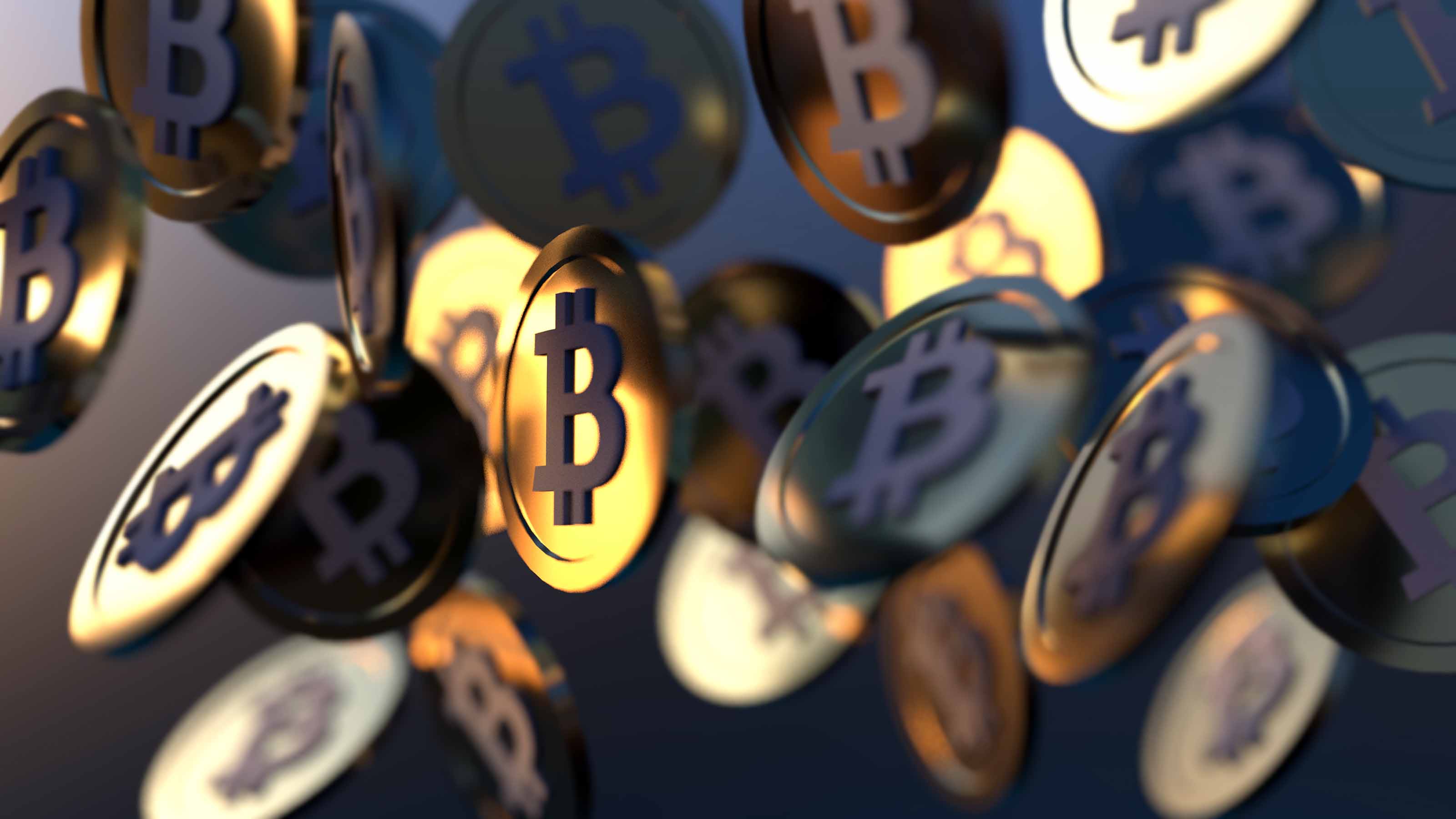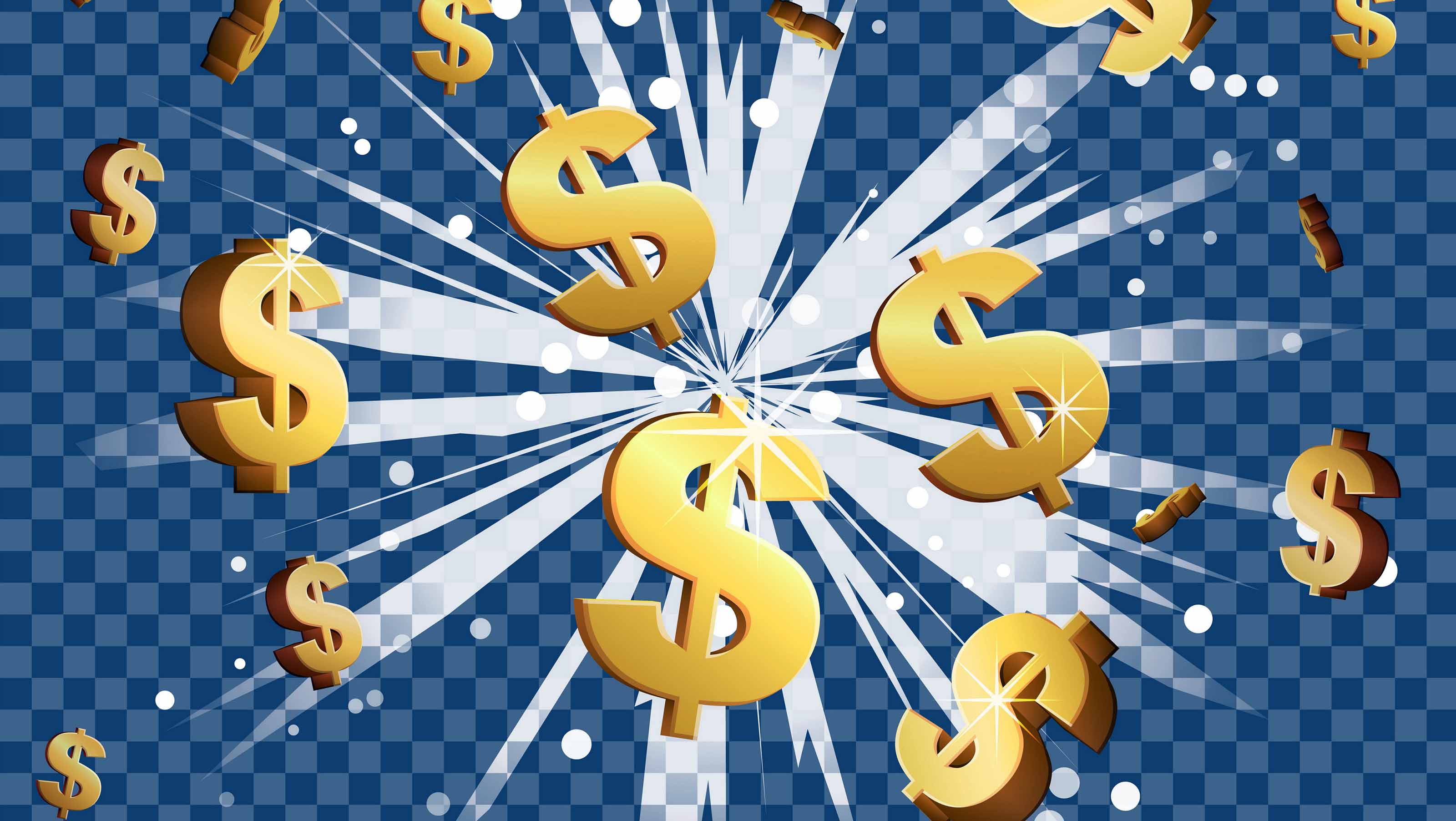What Investors Can Learn From Food
Our eating habits are susceptible to biases and manipulation -- just like our investing decisions.
Profit and prosper with the best of Kiplinger's advice on investing, taxes, retirement, personal finance and much more. Delivered daily. Enter your email in the box and click Sign Me Up.
You are now subscribed
Your newsletter sign-up was successful
Want to add more newsletters?

Delivered daily
Kiplinger Today
Profit and prosper with the best of Kiplinger's advice on investing, taxes, retirement, personal finance and much more delivered daily. Smart money moves start here.

Sent five days a week
Kiplinger A Step Ahead
Get practical help to make better financial decisions in your everyday life, from spending to savings on top deals.

Delivered daily
Kiplinger Closing Bell
Get today's biggest financial and investing headlines delivered to your inbox every day the U.S. stock market is open.

Sent twice a week
Kiplinger Adviser Intel
Financial pros across the country share best practices and fresh tactics to preserve and grow your wealth.

Delivered weekly
Kiplinger Tax Tips
Trim your federal and state tax bills with practical tax-planning and tax-cutting strategies.

Sent twice a week
Kiplinger Retirement Tips
Your twice-a-week guide to planning and enjoying a financially secure and richly rewarding retirement

Sent bimonthly.
Kiplinger Adviser Angle
Insights for advisers, wealth managers and other financial professionals.

Sent twice a week
Kiplinger Investing Weekly
Your twice-a-week roundup of promising stocks, funds, companies and industries you should consider, ones you should avoid, and why.

Sent weekly for six weeks
Kiplinger Invest for Retirement
Your step-by-step six-part series on how to invest for retirement, from devising a successful strategy to exactly which investments to choose.
At one time or another, nearly all of us make a blunder of such monumental proportions that we ask ourselves, What was I thinking? Perhaps we relaxed our price discipline, or we let a stock holding get bigger than it should have been because things seemed to be going so well for the company. Or we exposed ourselves to risks that we’d been warning others about for years.
The culprit behind many of our sorriest decisions turns out to be our susceptibility to a wide range of behavioral biases that can short-circuit rational thinking. We lock on recent events. We follow the crowd. We become overconfident. We ignore evidence that doesn’t conform to our beliefs or expectations. The answer to the question “What was I thinking?” is most likely, “I wasn’t.”
Lousy choices. All this came to mind while reading the book Mindless Eating. Its author, Brian Wansink, is an economics professor at Cornell University who specializes in the nutritional decisions people make. Our eating habits, Wansink writes, are susceptible to biases and manipulation -- just like our investing decisions. In fact, he says, most of the 200-plus choices we make every day about food are “mindless” and ill-advised.
From just $107.88 $24.99 for Kiplinger Personal Finance
Become a smarter, better informed investor. Subscribe from just $107.88 $24.99, plus get up to 4 Special Issues

Sign up for Kiplinger’s Free Newsletters
Profit and prosper with the best of expert advice on investing, taxes, retirement, personal finance and more - straight to your e-mail.
Profit and prosper with the best of expert advice - straight to your e-mail.
Wansink says evolution has stacked the deck against healthy eating, hard-wiring us to prefer the taste of fat, salt and sugar. At the same time, food has become ever more plentiful and accessible. The result, he argues, is that how much we eat has less to do with how hungry we are and more to do with other influences, from how the food is served to whom we eat it with.
Mindless Eating cites several examples of these influences: Office workers ate nearly three times more chocolate when bowls of sweets were on their desks rather than 6 feet away on a file cabinet. People eating with a friend consumed 35% more than when they ate alone. And they consumed 22% more calories when eating from a 12-inch plate than when they ate from a 10-inch plate.
Wansink argues that simple disciplines can go a long way toward minimizing dumb decisions. For example, he suggests keeping healthy snacks nearby and devoting half of your plate to salad or vegetables. He also recommends eating from smaller plates.Discipline is important in investing, too. Clear and concise rules -- for example, never invest in a business you don’t understand, or make no decisions in the heat of the moment, or never let a position get too large -- can do wonders for your performance.On the subject of food, one idea that meets all our criteria today is Kraft Foods (symbol KFT), the world’s second-largest food company. We owned the stock before Kraft’s recent agreement to buy Cadbury, the British candy company, and we believe the deal makes Kraft shares even tastier.
Cadbury generates roughly 40% of its sales in fast-growing emerging markets, but its investments in those places have depressed profit margins. Meanwhile, a number of product and marketing missteps, high commodity costs, and a need to spend more on research and development to catch up with rivals have hurt margins at Kraft. But as Cadbury’s investments in developing markets start to pay off, Kraft’s short-term operating problems go away, and the combined company takes advantage of increased scale and marketing clout, the new Kraft should sport margins in line with other brand-name food companies -- such as Campbell Soup (CPB), General Mills (GIS) and J.M. Smucker (SJM).
By 2012, we think, Kraft will earn $2.70 to $2.90 per share. Assuming a price-earnings ratio of 15 -- a conservative multiple, we believe, for a company of this quality -- the stock would trade in the low to mid $40s. That’s a healthy gain from the mid-April price of $30. In the meantime, investors get to feast on a robust 3.8% dividend yield.
Columnists Whitney Tilson and John Heins co-edit Value Investor Insight and SuperInvestor Insight. Funds co-managed by Tilson own shares of Kraft Foods.
Profit and prosper with the best of Kiplinger's advice on investing, taxes, retirement, personal finance and much more. Delivered daily. Enter your email in the box and click Sign Me Up.

-
 Over 65? Here's What the New $6K 'Senior Deduction' Means for Medicare IRMAA Costs
Over 65? Here's What the New $6K 'Senior Deduction' Means for Medicare IRMAA CostsTax Breaks A new deduction for people over age 65 has some thinking about Medicare premiums and MAGI strategy.
-
 U.S. Congress to End Emergency Tax Bill Over $6,000 Senior Deduction and Tip, Overtime Tax Breaks in D.C.
U.S. Congress to End Emergency Tax Bill Over $6,000 Senior Deduction and Tip, Overtime Tax Breaks in D.C.Tax Law Here's how taxpayers can amend their already-filed income tax returns amid a potentially looming legal battle on Capitol Hill.
-
 5 Investing Rules You Can Steal From Millennials
5 Investing Rules You Can Steal From MillennialsMillennials are reshaping the investing landscape. See how the tech-savvy generation is approaching capital markets – and the strategies you can take from them.
-
 New Ways to Invest in Bitcoin
New Ways to Invest in BitcoinBecoming an Investor ProShares Bitcoin Strategy and other ETFs offer an easier way to gain bitcoin exposure than buying the actual cryptocurrency.
-
 How to Cash In on Sports Gambling
How to Cash In on Sports GamblingBecoming an Investor Some 27 states have launched sports-betting markets, 11 of them online. Another five have passed laws to do so.
-
 3 New-Investor Myths That Need Busting
3 New-Investor Myths That Need BustingBecoming an Investor Preconceived notions that new investors are uninformed risk-takers are misguided. Forget games and cynicism; they need support and guidance.
-
 Namaste Invested: Look to Yoga to Build Your Wealth
Namaste Invested: Look to Yoga to Build Your WealthInvestor Psychology It’s uncanny how the principles of yoga apply to financial success. Here are five elements of yoga that are particularly useful for personal wealth.
-
 These 2 Emotional Biases Could Kill Your Retirement
These 2 Emotional Biases Could Kill Your RetirementInvestor Psychology Are your emotions sabotaging your retirement plans? Some basic knowledge and careful introspection can go a long way toward avoiding deadly pitfalls.
-
 Should Investors Brace for Late-Summer Volatility?
Should Investors Brace for Late-Summer Volatility?investing Many market strategists are predicting a shaky next few months of market action. Here's how to mentally steel yourself.
-
 I Still Like the Trillion-Dollar Stocks
I Still Like the Trillion-Dollar StocksBecoming an Investor Unlike the highfliers of the late 1990s, these trillionaires make tons of money.
-
 The Psychology Behind Your Worst Investment Decisions
The Psychology Behind Your Worst Investment Decisionsinvesting We can torpedo our portfolios without even realizing it. Avoiding these seven traps will allow you to make rational investments.

